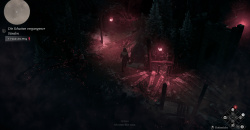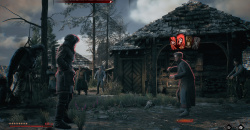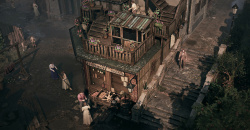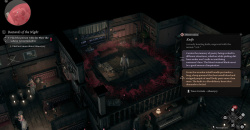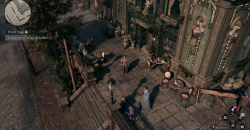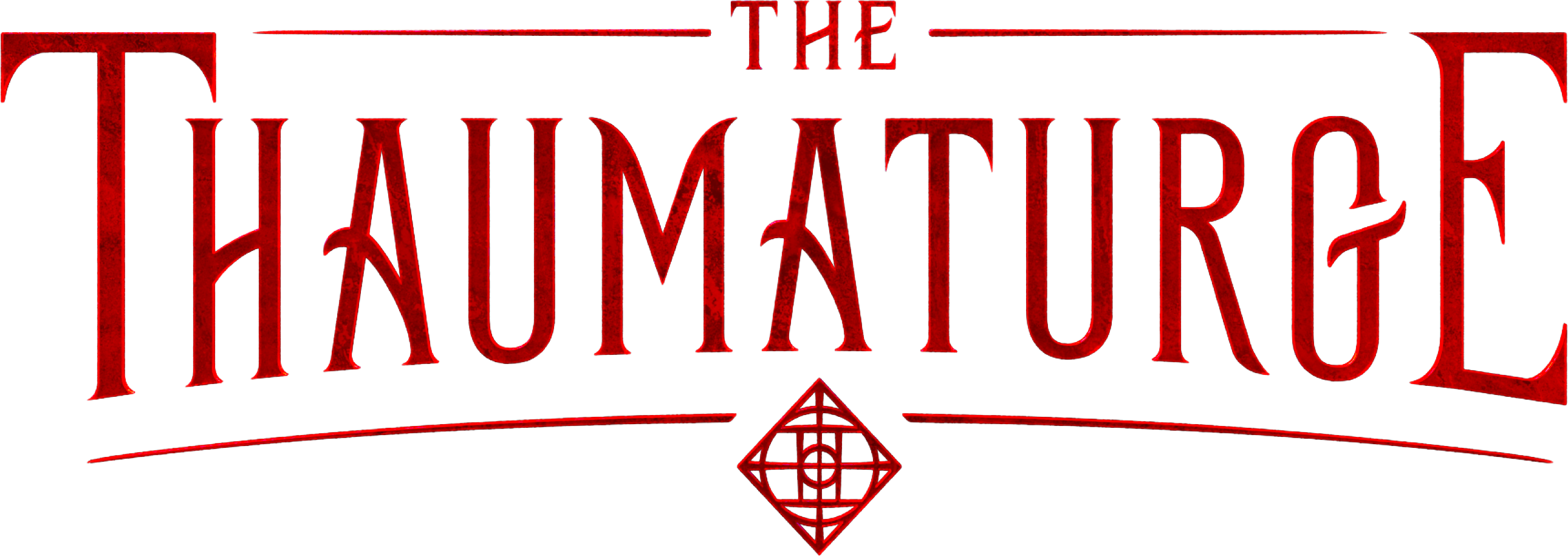
On March 4, 2024, the isometric plot-driven RPG from developer Fool's Theory and publisher 11 bit studios was released, which takes you to the year 1905 in Warsaw, which is groaning under the rule of the Russian Tsarist Empire.
Story and plot:
The story is set in a turbulent, alternative Warsaw in 1905, where you follow Wiktor Szulski, a thaumaturge who travels the world in search of a cure for his ailment. The protagonist suffers from an unusual, almost spiritual grief as he loses his connection to Upyr, the salutor with whom he had made a close contract in his youth. It seems that the only person who can help him is a "miracle worker", who is none other than Grigori Rasputin himself, the notorious mad monk. The story is just the beginning of an adventure that deals with social and political conflicts against the backdrop of a Poland under the yoke of the Russian Empire. In addition to the main storyline, you can also enjoy various plots and side quests (some of them time-limited) that take place in the back streets of the city. Although I thoroughly enjoyed The Thaumaturge, both the story and some of the side quests have some noticeable highs and lows. At times the narrative is excellent, but unfortunately there are also a few cliffhangers.

Gameplay and stimulation for exploration
The gameplay revolves around the narrative, as most of the time is spent communicating with various NPCs through a sophisticated and interesting dialog system. Wiktor has a perceptive ability that allows him to recognize his surroundings as he searches for clues. Kind of like the 'Witcher sense'. The thing is, as a thaumaturge, the protagonist is able to recognize the essence of a person in an object and thus come to a conclusion that unlocks new conversation options and ways to resolve conflicts. Mind you, just as paths can be opened, others can be closed, depending on what you do. And although it is never clear "when" or "how", every decision has consequences. This element is very entertaining because it's the way The Thaumaturge encourages exploration. Especially as the clues needed for a conversation may not only be in close proximity, but may also be hidden behind a conversation with another NPC. In addition, you will often have to pursue several objectives at the same time, which can lead to one and the same mission ending differently. What's more, some characters will remember your decisions, which can affect future encounters. Especially if you get carried away by the reactions to the system that revolves around the "Mark of Pride".Level advancement system and salutists support you
As in any good role-playing game, there are parameters and stats that can be improved through a very simple level advancement system that is closely tied to the salutor you have at your disposal. There are four dimensions: Mind, Heart, Word and Deed, all of which are controlled by a Salutor. In order to progress in the individual dimensions, you must find and tame the corresponding Salutors. The Thaumaturge also knows how to create incentives here, as capturing creatures not only gives you access to new abilities, but is also necessary to reveal the meaning of certain clues or to manipulate certain NPCs. The Salutists also help in combat, which follows the classic turn-based system. Thanks to your perception, you can anticipate the movements of your enemies by visualizing the turns and the time it takes to perform an action. You have several types of attacks at your disposal, which can be boosted with passive abilities to customize each move a little. There are hits that drain health points and abilities that break your opponent's concentration, causing them to lose their turn. The most important thing, however, is that you can use them to deliver a powerful finishing blow.









